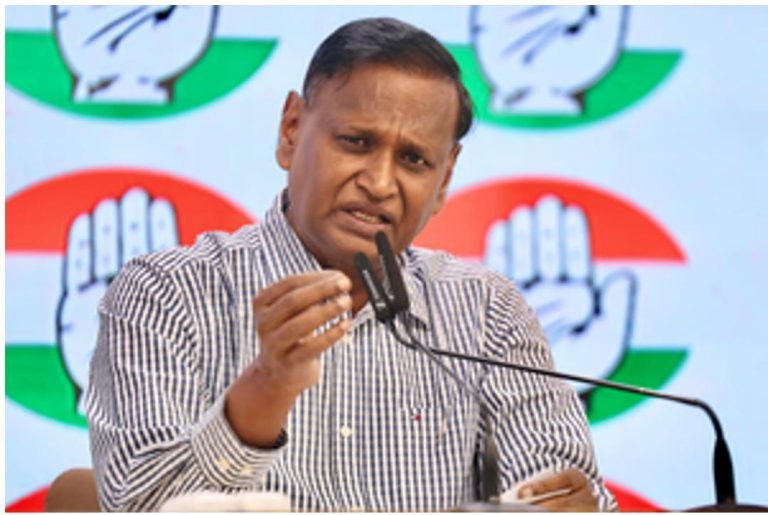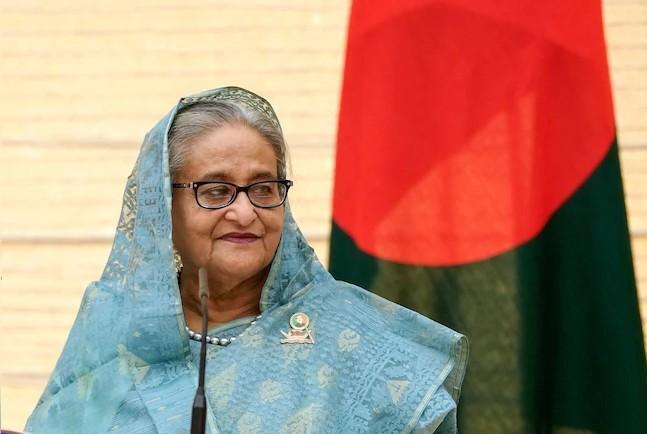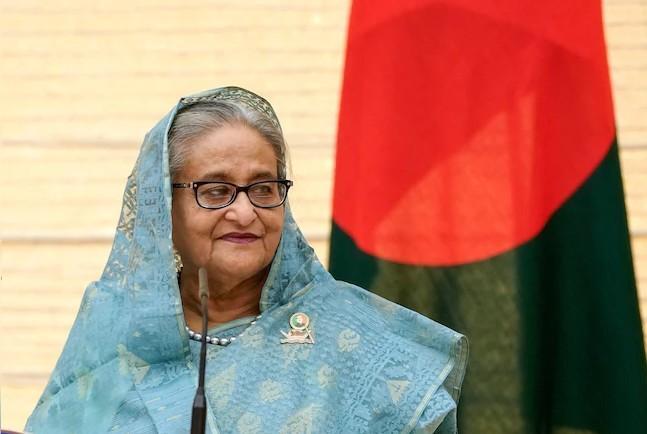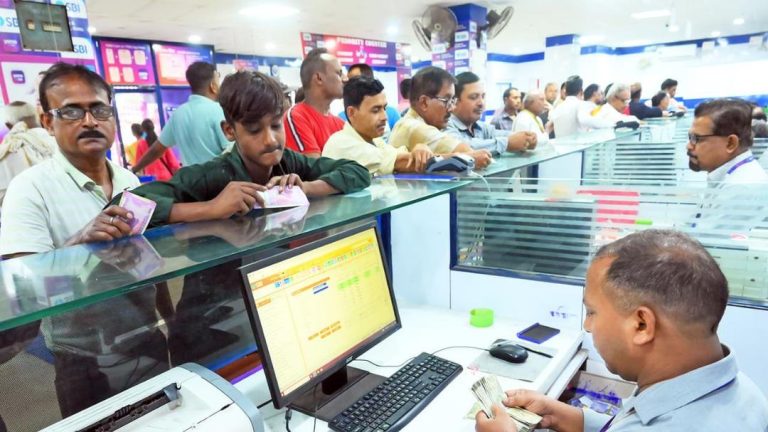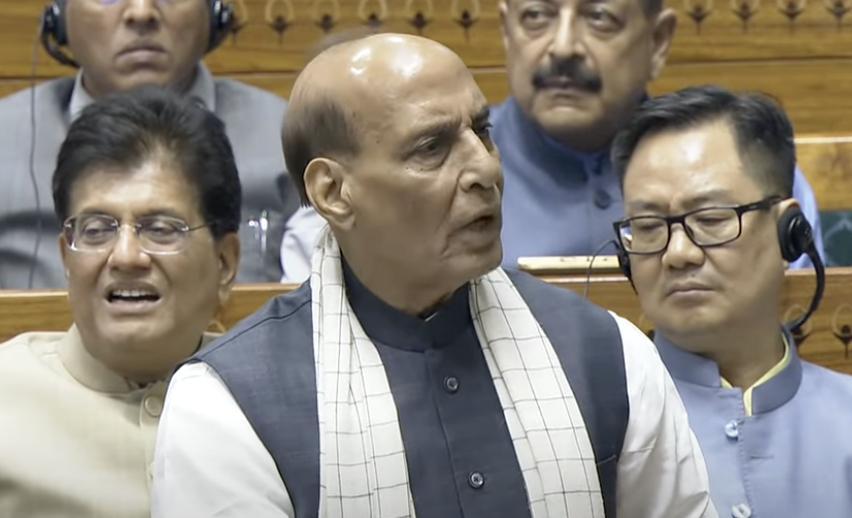
What is Game Theory, that Rajnath Singh mentioned in his RS speech?
Defence Minister Rajnath Singh recently referenced the concept of “game theory” while explaining Operation Sindoor in the Rajya Sabha. The mention may have raised a few eyebrows among those unfamiliar with the term. So, what exactly is game theory, and how does it apply to strategic decision-making in international relations?
A brief introduction to Game Theory
Game theory is a branch of mathematics that involves the study of how individuals or groups make decisions when the outcome of those decisions depends on the actions of others. In other words, it’s a mathematical concept used to analyze and predict the outcomes of strategic interactions between individuals or groups, often in situations where one party’s actions depend on the choices of others.
Game theory was first developed in the 1940s by mathematicians John von Neumann and Oskar Morgenstern, who sought to understand the strategic interactions between economic agents. Since then, the field has expanded to encompass various disciplines, including economics, politics, sociology, and biology.
Strategic Decision-Making in Game Theory
At its core, game theory is about making strategic decisions to maximize payoffs (outcomes). In a game, each player has a set of possible actions, and the outcome of the game depends on the actions chosen by all players. The goal is to choose an action that yields the best possible outcome, considering the potential actions and reactions of other players.
Game theory provides a framework for analyzing and predicting the outcomes of strategic interactions by:
- Identifying the possible actions and payoffs for each player
- Determining the optimal strategy for each player, given the possible actions and payoffs of other players
- Analyzing the interactions between players to predict the likely outcomes
Applications of Game Theory
Game theory has numerous applications in various fields, including:
- Economics: Game theory is used to study the behavior of firms and consumers in markets, as well as the interactions between governments and firms.
- Politics: Game theory is used to analyze the strategic interactions between nations, politicians, and interest groups.
- Biology: Game theory is used to study the evolution of cooperation and competition in biological systems.
- Business: Game theory is used to analyze the strategic interactions between firms, including pricing, advertising, and mergers and acquisitions.
The Context of Operation Sindoor and Pakistan’s “Nuclear Bluff”
In the context of Operation Sindoor, Defence Minister Rajnath Singh referenced game theory to explain India’s strategy in analyzing Pakistan’s “nuclear bluff.” Pakistan has been accused of using its nuclear weapons as a deterrent to prevent India from taking military action against it. Singh’s reference to game theory suggests that India is using a strategic approach to assess the credibility of Pakistan’s nuclear threat.
In game theory terms, Pakistan’s nuclear bluff can be seen as a threat that is contingent on India’s actions. If India were to take military action against Pakistan, Pakistan might respond with nuclear retaliation. However, if India were to back down, Pakistan might not follow through on its threat. The key question is whether India should believe Pakistan’s threat and adjust its strategy accordingly.
India’s Strategy and the Game Theory Approach
In this context, India’s strategy can be seen as a response to Pakistan’s nuclear bluff. India has been accused of adopting a “proactive” approach to counter Pakistan’s nuclear threat, which involves developing its own nuclear capabilities and military infrastructure.
From a game theory perspective, India’s strategy can be seen as a response to Pakistan’s threat, aimed at maximizing India’s payoffs (outcomes). India’s strategy may involve:
- Developing its own nuclear capabilities to deter Pakistan from using its nuclear weapons
- Building military infrastructure and capabilities to counter Pakistan’s military strength
- Adopting a proactive approach to prevent Pakistan from using its nuclear weapons
By adopting a strategic approach, India can maximize its payoffs by:
- Deterring Pakistan from using its nuclear weapons
- Reducing the likelihood of a nuclear conflict
- Maintaining a strong military posture to counter Pakistan’s threats
Conclusion
Game theory is a powerful tool for analyzing and predicting the outcomes of strategic interactions. In the context of Operation Sindoor and India’s response to Pakistan’s “nuclear bluff,” game theory provides a framework for understanding the strategic decisions made by both countries.
By adopting a game theory approach, India can maximize its payoffs by developing a strong military posture, deterring Pakistan from using its nuclear weapons, and reducing the likelihood of a nuclear conflict.
Source:


